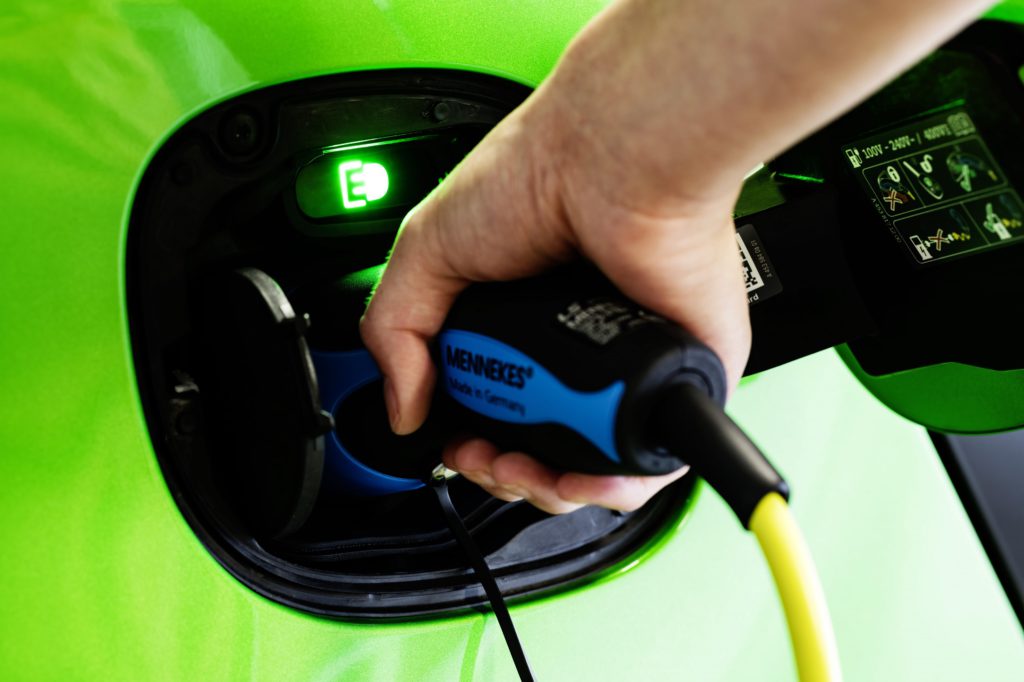ACEA joins forces to push for smart charging infrastructure
05 September 2019

ACEA joins forces to push for smart charging infrastructure
5 September 2019
The European Automobile Manufacturers Association (ACEA), Eurelectric and Transport & Environment (T&E) are calling on European institutions to facilitate a rapid rollout of smart charging infrastructure for electrically-chargeable vehicles.
The collaboration marks the first time that the European automotive industry, the electricity sector and the sustainable transport group have joined forces to push for a common goal.
Policy push
E-mobility has a crucial role to play in decarbonising road transport and meeting Europe's climate objective, the organisations say in a statement. As the European Union gears up for a new political term, the three associations are urging policymakers to guarantee the ′right to plug' to all those who use an electric vehicle so that everyone across Europe can get access to charging, which should be as simple as refuelling today.
This will require a massive deployment of strategically located ′smart charging' infrastructure right across the EU. Smart infrastructure will enable drivers to charge without severely affecting or overloading Europe's electricity grids. It provides clear benefits to customers, the power system, the automobile industry and society at large, the associations believe.
Joint call
ACEA, Eurelectric and T&E signed a joint call to action at ACEA's ′Leading the mobility transformation' Summit in Brussels. On this occasion, the automotive and electricity industries confirmed their commitment to making more focused investments in both vehicle technology and smart charging solutions.
Whether it is urban or motorway public charging, all barriers to infrastructure deployment and e-mobility growth must be removed. To make charging at home, work and on motorways easy and accessible for all drivers, policymakers should reform and strengthen key legislation, such as the soon to be revised EU alternative fuels law (AFID) and the EU buildings directive (EPBD). Existing EU funding instruments must also be better leveraged to speed up the rollout of infrastructure, and other financial instruments should be targeted to unlock new solutions to improve coverage across all member states.
Options for all
′The EU auto industry wants to work with all stakeholders to make zero-emission mobility a reality,' stated ACEA secretary general, Erik Jonnaert. ′To convince more customers to make the switch to electric vehicles, we have to remove the stress associated with recharging. This means that everyone must have the option to recharge their vehicle easily, no matter where they live or where they want to travel to.'
′The race to the future is on. We must remove all barriers and make the shift to electric mobility as easy and convenient as possible. Every consumer should have a ′right-to-plug' – and the rollout of public charging points must accelerate. By 2025, we need 1.2 million public charging points in Europe,' said Kristian Ruby, Secretary General of Eurelectric.
Julia Poliscanova, Clean Vehicles Director at T&E, added: ′A rapid shift to electric cars powered by clean electricity is essential if we want to halt dangerous global warming. Now that carmakers are preparing a wave of new and affordable electric models, we need to ensure the fast and easy deployment of charging points at home, at work and on the road so that charging an electric car becomes a completely hassle-free experience for citizens across the EU.'